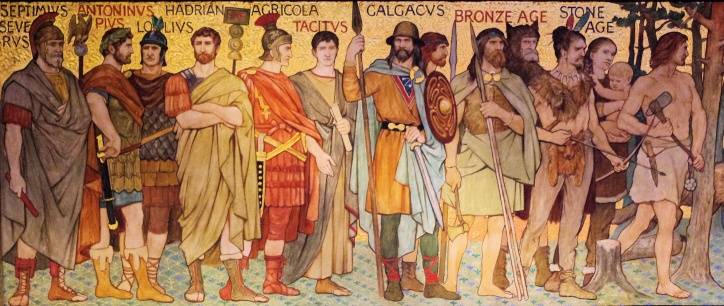
Greek lyric song, especially Pindar and Bacchylides; genre in ancient literature; narrative in Greek lyric; collective memory.
Architectural history, visuality and architectural representation, spatial narrative, cinema and architecture.
Ancient philosophy, virtue ethics, moral psychology.
Greek language, dialect and literature; Mycenaean Greek; historical linguistics and sociolinguistics.
Greek literature, ancient drama (especially tragedy), classical reception, the reception of ancient tragedy in Italy and the United States, translation studies, early modern literature and drama, neo-Latin studies.
Documentary and literary papyrology; Egypt from Augustus to the Abbasids; later Greek poetry; early Christian literature.
Greek historiography and ethnography; identity; the politics of representation.
Mythography; papyrology; mythological hexameters.
Sanskrit literature; Classical reception studies (especially the reception of Sanskrit, Greek and Latin literature); comparative Classics; translations and pseudo-translations.
Greek drama, gender studies, masculinities, cultural history.
Greek literature and philosophy; reception; history of modern European thought; critical theory.
Augustan poetry, especially Virgil; Virgilian exegesis; Dionysus in Latin poetry; intertextuality; the reception of Virgil in Ireland.
Antony Makrinos
Homer; scholarship in Byzantium (esp. reception of the Homeric text with emphasis on allegorical interpretation); modern receptions.
Roman drama; Roman epic; Cicero's speeches; reception studies, esp. Neo-Latin.
Early imperial Roman literature, especially Neronian and Flavian, tragedy and epic; gender and genre in Latin poetry.
Roman law, Roman political theory, and Latin prose literature.
Literary and Herculaneum papyrology, Hellenistic Philosophy (and its reception in Latin literature), and Greek literature.
Early modern Latin and English poetry; lyric poetry in Latin, Greek and English; the reception of classical poetry in early modernity and in literary modernism.
Medieval manuscripts; medieval chronicles; the history of history writing; medieval libraries; the transmission of ancient history.
Lucas Siorvanes
Ancient philosophy.
Greek literature and culture; imperialism and colonialism; the Classical tradition; conceptions of Greek prose; cross-cultural interaction in antiquity.
Hittite, Akkadian, Sumerian, Anatolian Hieroglyphs, history and literature of the cuneiform world.
Latin literature, especially Roman love poetry; ancient gender and sexuality; reception studies, especially Julius Caesar, Rome on film, classics and popular culture
 Close
Close

